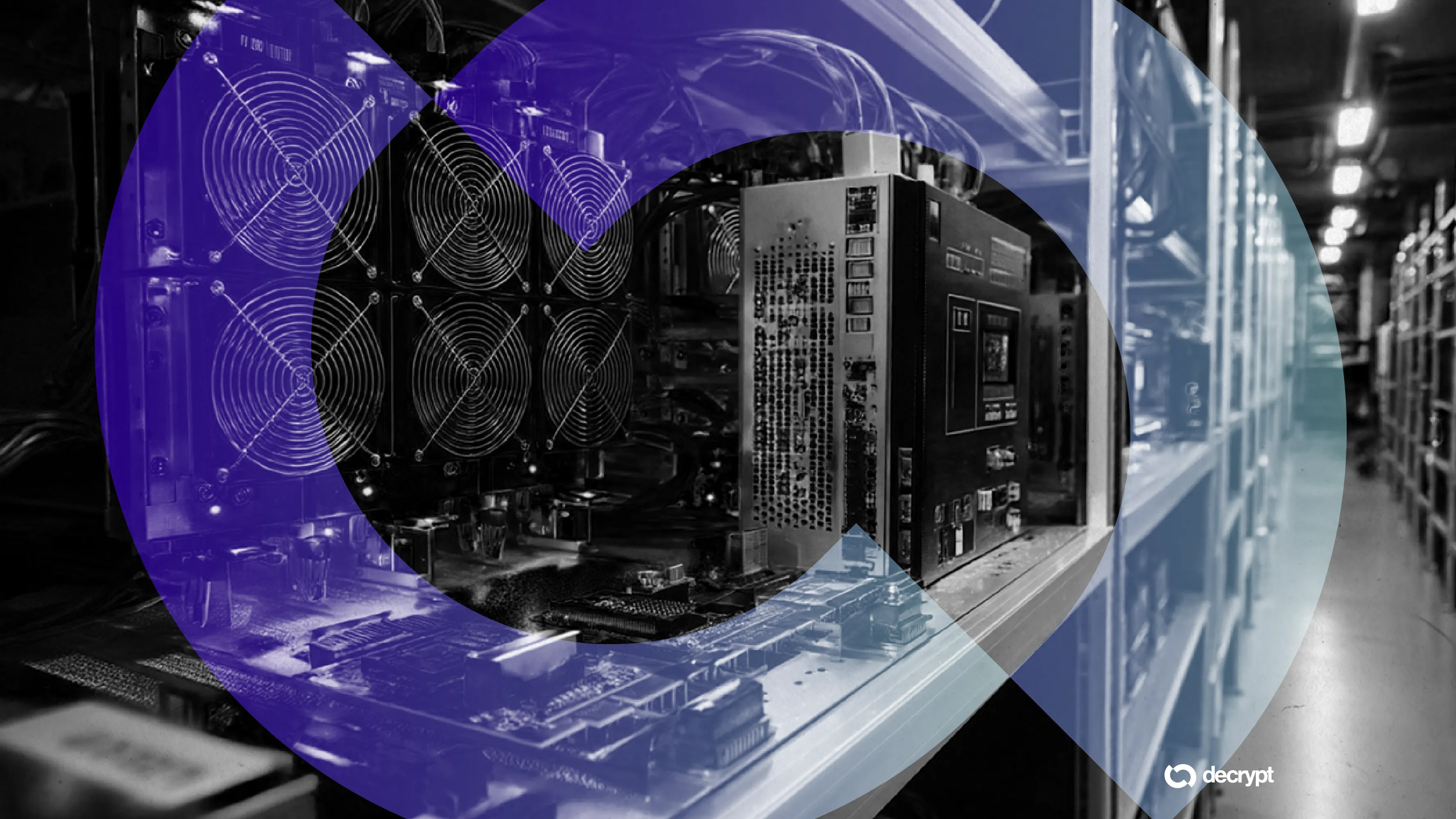In brief
- A Bitcoin miner bagged a reward of 3.151 BTC—or $326,337 at today's prices
- But skeptics on social media said the miner received extra hashrate.
- Bitcoin mining has grown increasingly competitive.
A Bitcoin miner bagged a big reward of 3.151 BTC—or $326,337 at today's prices—after solving a block alone, according to blockchain data.
Block 899,826 was processed by a "solo miner"—something that rarely happens.
But according to eagle-eyed observers on X, the picture isn't as simple as it appears.
The miner apparently received a hashrate from elsewhere, software engineer of the CK Miner pool said on the platform.
Dr CK, who is the administrator of the Solo.ckpool, a pool for independent miners, said that it was "obvious" the miner rented the hashpower.
"This hashrate was almost certainly a rental based on there being only one worker, though the account has been mining for a while with a much lower hashrate," he wrote.
Decrypt reached out to the mining pool for additional comment.
Decrypt previously spoke with experts about how despite the fact more "solo miners" were hitting the jackpot, they often were getting help—i.e. hashrate—from elsewhere.
And "solo miner"—as the term appears on blockchain data websites—doesn't necessarily mean that one person with limited resources is minting new coins by themself. Rather, it could just mean a mining operation that isn't a big brand or publicly traded company that dominates the Bitcoin mining industry.
Hashrate is the computational power used to mine Bitcoin. When blocks—containing transaction data—are processed by miners and added to the blockchain, miners are rewarded for their work with newly minted Bitcoins.
But mining Bitcoin is a tough industry: Once something you could do at home on a PC, the industry now is huge and operations are typically warehouses using tremendous amounts of electricity in order to process blocks.
Entering the space isn't for the risk-averse, either—despite a crypto-friendly president now in the White House and cheap energy available in mining hubs around the U.S. Aside from the competitive environment, the rewards for miners have decreased to 3.125 Bitcoin since last year's halving.
Edited by James Rubin
Daily Debrief Newsletter
Start every day with the top news stories right now, plus original features, a podcast, videos and more.

